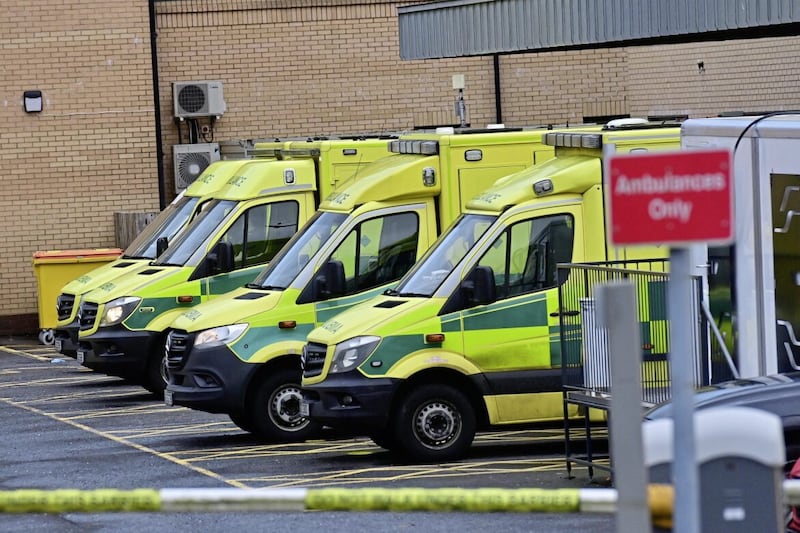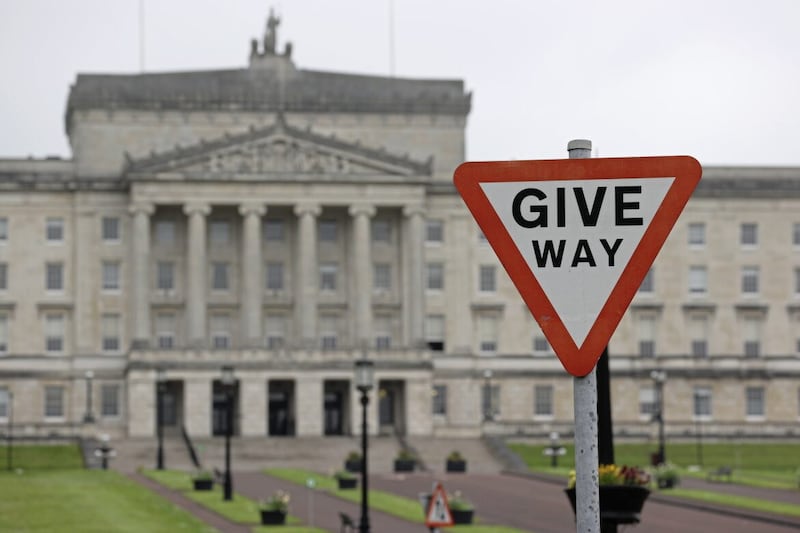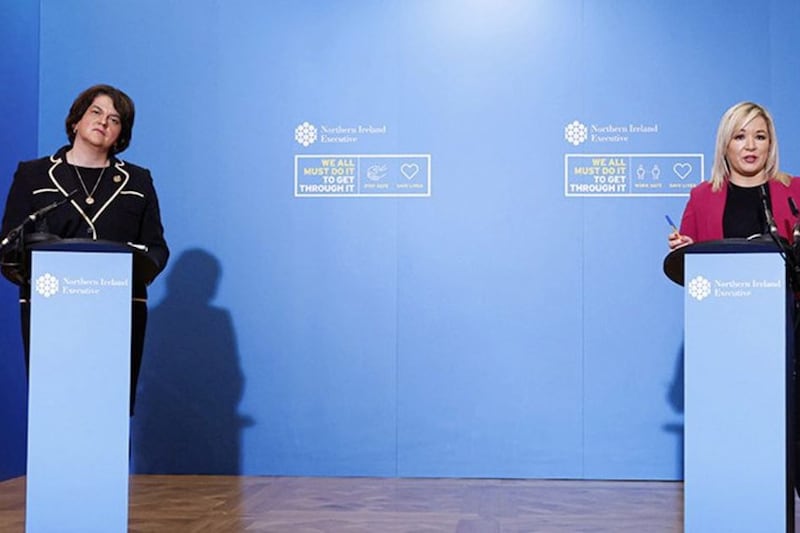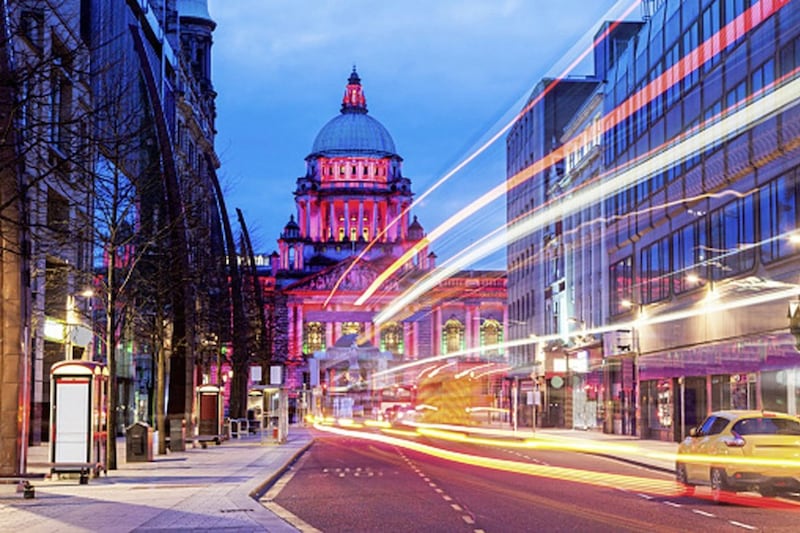NOT only must there be no return to the 'old normal' for the north's economy after lockdown, but the Executive needs to be creative in fixing the problems that existed before Covid-19, an independent think tank report says.
With the pandemic having exposed long-term structural weaknesses in the economy - which is feared may shrink by a whopping 12.5 per cent this year - a report by Pivotal believes now's the time for "big decisions and greater ambition".
And it insists the crisis should be seen as an opportunity to deal with persistent systematic issues and create new lasting strengths.
"The Executive’s response to Covid-19 cannot try to turn back the clock – instead it must transform Northern Ireland's economy, even though there is no easy path through," its authors say.
The report is published as the Executive is set to take the biggest single leap back towards normality since the lockdown began by confirming on Thursday that social distancing can safely be reduced from two metres to one.
It also comes as it emerged that the cost of keeping businesses afloat these last three months is close to a third of a BILLION pounds.
That is made up of £235 million paid out to more than 23,000 firms under the government's £10k grant scheme and another £72m to around 3,000 companies via the £25k scheme, with 5,000 micro-businesses in the north still waiting to see if they can get a share of the £40m hardship fund.
Pivotal's 'A New Economic Vision' report examines the impact of Covid-19, how these impacts are not spread equally among the population, and places this in the wider context of ongoing economic weaknesses.
And it concludes that now is an opportunity for real change – for improving skills and productivity, for modernising infrastructure, and for working towards a sustainable and greener future.
The think tank's director Ann Watt said: “There were several long-standing weaknesses before the emergence of Covid-19, and this is the start of an extremely challenging period for the economy.
“There has been a huge amount of disruption, and that this is set to continue. We should use this time to make changes Northern Ireland needs.
“The Executive acted quickly in response to the immediate health and economic crises arising from Covid-19, but it needs to be similarly bold and develop a long-term economic vision.
“This cannot be left to the Department for the Economy. The Executive as a whole, across all parties, needs to come together and build a Northern Ireland that is fit for the future. Their efforts cannot try to turn back the clock – they must transform Northern Ireland.
“This requires adapting to the challenges presented by the pandemic, fixing problems that existed before Covid-19, and anticipating the changes that will happen in economies across the globe in the next few years and decades.
“For instance an ambitious skills programme, that leans into digital learning, could be transformational, especially for local young people, who are going to be disproportionately affected by the economic downturn, with both higher-than-average unemployment combined with a shrinking number of graduate and trainee opportunities.”
“Committing to a more sustainable future is an imperative for Northern Ireland, as for all countries around the world. There are several ways in which this might go hand in hand with ongoing efforts to adapt to the pandemic.
“Pedestrianising high streets could help with social distancing. Broadband has never been more important, investing in our patchy digital infrastructure could provide immediate economic benefits.
“And finding ways that all our school-age children can catch up on lost learning is also imperative.”







